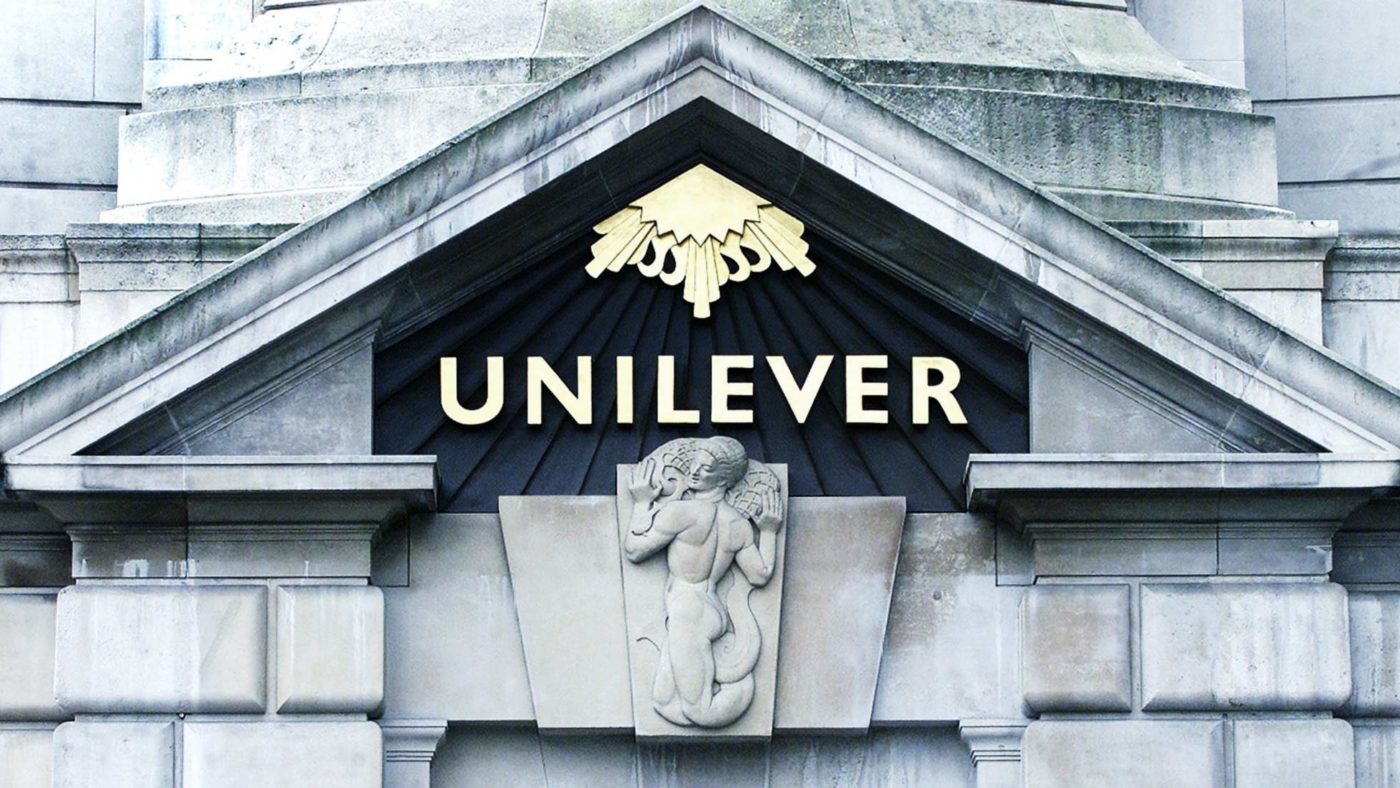One of the big issues of last year looks set to rear its head again. Indeed, I could not help but feel vindicated this week when seeing that Unilever has stated in its Annual Report that it has not given up on unification of its corporate structure.
This is notable, not just because of the consumer giant’s size but also because of the events of 2018. Then one of the big corporate news stories was Unilever first saying No to London and opting to move its corporate HQ to the Netherlands. In the event it had to make a 180 degree about-turn.
Large sections of the media had previously reported this as Brexit forcing Unilever to ditch London for the continent. It wasn’t. In fact, there were two separate but linked issues playing out at the same time. One was the location. The other was the reason for their planned move. Both still warrant attention. Unilever is one of a number of large dual-listed firms, who are listed both on London and on another exchange and have headquarters in both. In Unilever’s case its dual listing was in the Netherlands.
Retaining the listing of such large firms is important for the size of an index like the FTSE 100 and also for the signal it sends to others. If it had moved, Unilever would have left the FTSE 100. In 2017, listings attracted global attention as different leading financial centres tried to woo the planned international listing of Saudi Aramco, which if had gone ahead would have been the largest ever. In the event that did not occur, but the cat was out of the bag, as it highlighted the need for financial centres to be pro-active in retaining and attracting firms and business.
The debate last year turned to Unilever. As its latest annual report states the company believes there is still a strong case for unification of its dual-listed structure. And why wouldn’t there be? It allows a firm to consolidate, reduce its overheads, and increase its offering to shareholders. It cuts costs, complexity and, perhaps, even confusion too. Having a dual structure has always struck me as adding to costs, which in a globalised age is no longer necessary, as firms and shareholders can now have a global reach from wherever they opt to be based.
Usually firms justify their actions by highlighting the unlocking of value that comes with simplification. Unilever in their report also talked of simplification as, “Giving it added flexibility to compete effectively over the longer-term.” That business case would still appear to be as relevant now, as it was a year ago.
It is also vital for financial centres like London to recognise this. As the world economy grows and new corporate giants emerge there is every likelihood they may seek listings outside their home market, just as Saudi Aramco was planning to do. Corporate governance and greater liquidity could be cited among the attractions, as well as access to a wider investor pool. But these benefits are not ubiquitous. Financial centres vary greatly.
The trouble for Unilever was that while it recognised the economic case to simplify its structure, its mistake was to opt for the Netherlands. So it was no surprise when shareholders, in turn, rejected this. Largely because, unlike London, the markets in Holland were not seen as open, but protectionist. While some shareholders may have needed to receive a premium to justify the move, the reality is that financial compensation could not really compensate for the loss of investor rights. Hence the U-turn as Unilever said it was keeping things as they were, not rejecting London.
Now, the economic case that justified their previous desire to simplify their corporate structure appears as alive as ever, hence the issue looks set to return. So while the economic case for unification appears clear, the issue then is which centre to opt for?
Does this latest news favour London? Lets hope so, although as with all of these dual-listed companies the decision may vary from firm to firm.
A vital lesson is to recognise that there is still an intense battle ahead across financial centres in order to deliver the best value for shareholders and investors. It is the topic of a current piece of research I am working on. Shareholders play a central role, holding firms to account on delivering value in their corporate decisions. Deep and liquid markets are important, too, as financial centres increasingly need to attract investors, shareholders and international firms.


